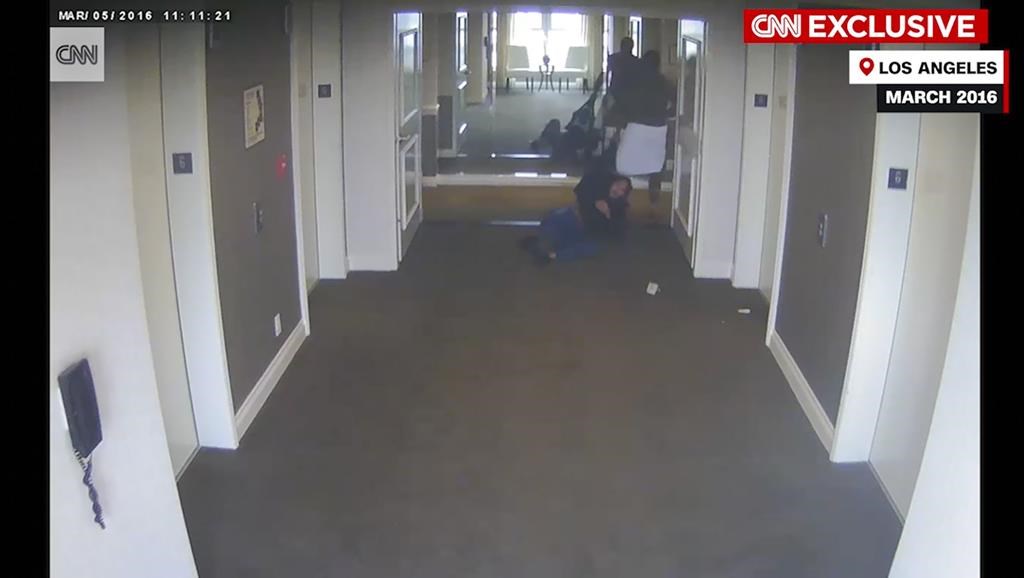Police discourage social media reporting, but must adapt: expert
Posted Aug 5, 2019 1:33 pm.
Last Updated Aug 7, 2019 8:02 am.
VANCOUVER (NEWS 1130) — Police forces handling the manhunt for two Northern B.C. murder suspects are urging people to call in tips instead of posting them on social media.
Manitoba RCMP announced Monday morning it completed its underwater search of the Nelson River near Gillam, Man, the town where Bryer Schmegelsky, 18, and Kam McLeod, 19, were last spotted.
On Friday, the Ontario Provincial Police said it continues to receive reports the pair was spotted in the northeastern part of the province.
Both forces took to Twitter to remind people they can’t accept reports over social media. The Manitoba RCMP previously issued a news release discouraging posting online as potentially “detrimental to the overall investigation.”
We cannot accept reports of crime through social media. If you have a tip, information to share or would like to report an incident, you must contact your local police. To find your local #rcmpmb detachment – Click here: https://t.co/4z5a1pAN7i
— RCMP Manitoba (@rcmpmb) August 2, 2019
Twitter is not a reporting tool. Call #OPP at 1-888-310-1122 or visit https://t.co/lkZoGzFVZa. In EMERGENCY, call 9-1-1.
— Ontario Provincial Police (@OPP_News) July 11, 2017
Police do understand social media and text messaging are “the channels information is flowing through,” according to SFU Communications Professor Peter Chow-White.
They already rely on it to gather clues and in this case have already combed through the social media profiles of the two suspects.
“It’s just normalized to text, to communicate through text messages and social media. Information gathering agencies, like the police, know this and probably have people on staff that comb those sorts of things,” Chow White said. “They’re gathering tips indirectly through social media constantly.”
However, there are legal and logistical challenges to adopting social media as a reporting tool, according to Chow White.
“If they said we don’t want to receive tips publicly because we don’t want to tip off the people we’re trying to investigate that would make sense to me,” he said, adding privacy laws and the fact the most popular social media platforms are U.S.-based are major concerns.
“Your information can’t stay local. So, federal agencies who have a responsibility to our federal privacy laws–that’s obviously a hurdle they’ve got to figure out. They’ve got to balance their responsibility toward [following] the law themselves with the public good–which is protecting people,” he said.
Because digital information flows across different jurisdictions within Canada, all bound by different provincial privacy laws in addition to the federal law, further complicates matters.
He says if the police seem slow to adapt it’s likely because they are weighing these complex issues.
“They’ve probably had these discussions. I’d be very surprised if they haven’t been having them for years,” he said. “I’d rather see law enforcement and government, state agencies, be thoughtful about these things than rush into them.”










